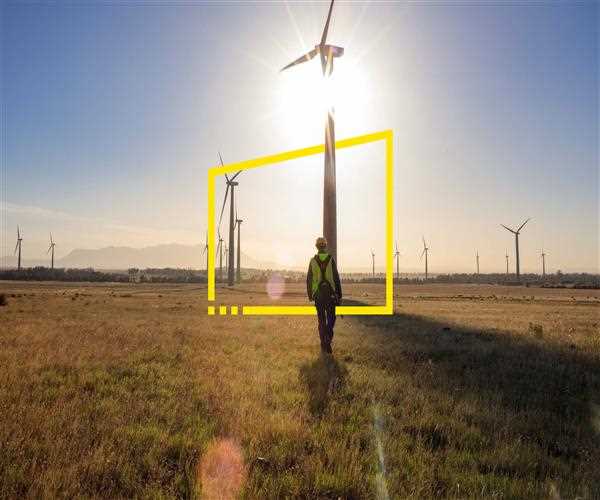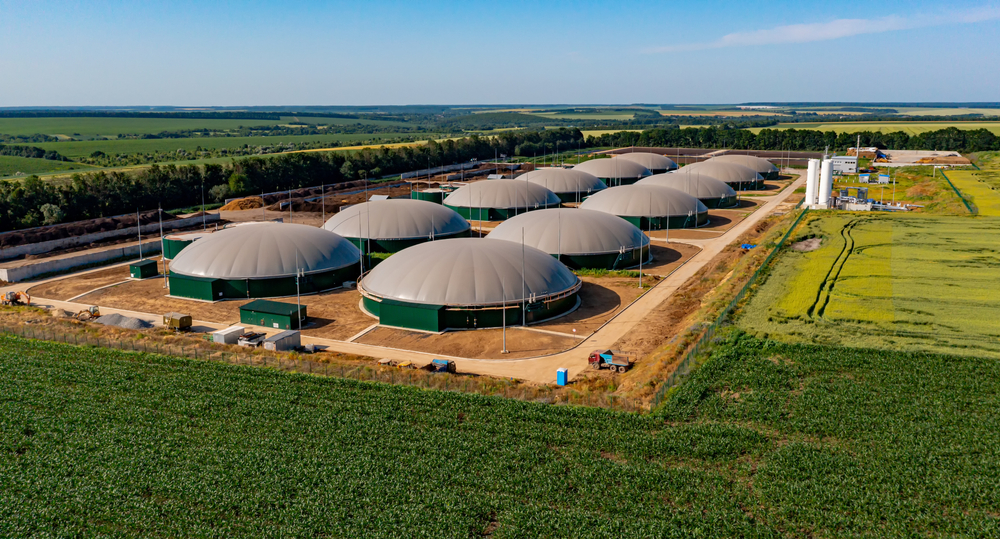
01-Jul-2023 , Updated on 7/1/2023 9:09:24 AM
Harnessing sustainable energy for a greener future- Explore more
Highlights
- Harnessing sustainable energy is crucial for achieving a greener future and combating climate change.
- Renewable energy sources such as solar, wind, hydro, and geothermal power offer clean and abundant alternatives to fossil fuels.
- Solar energy can be captured using photovoltaic cells or concentrated solar power systems, converting sunlight into electricity.
- Wind energy is generated by wind turbines that convert the kinetic energy of the wind into electrical energy.
- Hydropower harnesses the energy of flowing or falling water to generate electricity through turbines.
- Geothermal energy utilizes the heat from the Earth's core to produce electricity or provide heating and cooling.
- Transitioning to sustainable energy sources helps reduce greenhouse gas emissions, air pollution, and dependence on finite fossil fuel resources.
- Advancements in technology and economies of scale have made renewable energy more affordable and accessible
As concerns over climate change and environmental degradation continue to grow, the need for sustainable energy sources has become more pressing than ever before. Harnessing sustainable energy is crucial for building a greener future, as it offers numerous environmental, social, and economic benefits. This view explores the importance of sustainable energy and highlights some of the key technologies and initiatives driving the transition towards a cleaner and more sustainable energy system.
The Need for Sustainable Energy
The burning of fossil fuels, such as coal, oil, and natural gas, has been the primary source of energy for several decades. However, this reliance on fossil fuels has resulted in detrimental effects on the environment, including air pollution, greenhouse gas emissions, and climate change. To mitigate these problems, it is imperative to shift towards sustainable energy sources that can meet our energy needs while minimizing environmental impacts.
Sustainable energy refers to energy sources that are renewable, clean, and have minimal impact on the environment. These sources include solar, wind, hydro, geothermal, and biomass energy. Unlike fossil fuels, sustainable energy sources do not deplete natural resources and produce little to no greenhouse gas emissions during their operation. By harnessing these sources, we can reduce our carbon footprint, improve air quality, and mitigate climate change.
Key Technologies for Sustainable Energy
Solar Energy- Solar power is one of the most abundant and widely available sources of renewable energy. It involves capturing the sun's energy through photovoltaic cells or solar thermal systems. Photovoltaic cells convert sunlight directly into electricity, while solar thermal systems use the sun's heat to generate power or produce hot water. Solar energy is versatile and can be harnessed at various scales, from individual rooftops to large-scale solar farms.
Wind Energy- Wind power has experienced significant growth in recent years and is now a leading source of renewable energy worldwide. Wind turbines convert the kinetic energy of the wind into electricity. They are typically installed in wind farms, both onshore and offshore, where strong and consistent winds prevail. Wind energy is clean, abundant, and has a relatively low environmental impact, making it a viable option for meeting electricity demand.
Hydroelectric Power- Hydroelectric power, derived from the energy of moving water, has long been a reliable and widely used source of renewable energy. It involves the construction of dams or reservoirs to capture the energy of flowing or falling water, which then drives turbines to generate electricity. Hydroelectric power provides a stable and consistent source of electricity, and with proper management, it can be sustainable and environmentally friendly.
Geothermal Energy- Geothermal energy harnesses the natural heat from within the Earth to generate power. This renewable energy source utilizes the heat stored in underground reservoirs of steam or hot water. Geothermal power plants extract this heat and convert it into electricity. Geothermal energy is abundant, reliable, and available throughout the year, making it a promising option for sustainable energy production.
Biomass Energy- Biomass refers to organic matter, such as wood, crop residues, and dedicated energy crops, that can be used as fuel. Biomass energy involves the combustion or conversion of biomass materials to generate heat, electricity, or biofuels. It is a renewable source of energy, as new crops or plants can be grown to replace the harvested biomass. Biomass energy can play a vital role in decarbonizing sectors like heating and transportation.

Initiatives for a Greener Future
In addition to the technological advancements in sustainable energy, various initiatives and policies are driving the transition towards a greener future. Some notable examples include
Renewable Portfolio Standards (RPS)- RPS are regulations that mandate a certain percentage of electricity to be generated from renewable sources. By setting targets for renewable energy production, RPS incentivize utilities and energy providers to invest in renewable energy projects and increase the share of clean energy in their overall energy mix. These standards encourage the development of sustainable energy sources and help to reduce reliance on fossil fuels.
Feed-in Tariffs (FiTs)- FiTs are policies that guarantee a fixed payment rate for renewable energy producers for each unit of electricity they generate. This provides long-term financial incentives for individuals, businesses, and communities to install renewable energy systems and contribute to the grid. FiTs have been successful in promoting the adoption of solar and wind energy in many countries.
Carbon Pricing- Carbon pricing mechanisms, such as carbon taxes or cap-and-trade systems, put a price on carbon emissions. By assigning a financial cost to greenhouse gas emissions, these policies incentivize industries to reduce their carbon footprint and invest in cleaner technologies. Carbon pricing provides economic incentives for the transition to sustainable energy sources.
International Agreements- International agreements, such as the Paris Agreement, aim to combat climate change and promote sustainable development. The Paris Agreement sets a global framework for countries to limit global warming and reduce greenhouse gas emissions. It encourages countries to transition towards sustainable energy systems and provides a platform for cooperation and sharing of best practices.
Benefits of Sustainable Energy
Harnessing sustainable energy offers numerous benefits that extend beyond environmental considerations. Some of the key advantages include:
Climate Change Mitigation- Sustainable energy sources produce significantly lower greenhouse gas emissions compared to fossil fuels. By transitioning to renewable energy, we can reduce our carbon footprint and mitigate the impacts of climate change, including rising temperatures, extreme weather events, and sea-level rise.
Energy Security and Independence- Relying on sustainable energy sources enhances energy security by diversifying the energy mix and reducing dependence on fossil fuel imports. Renewable energy resources are often domestically available, enabling countries to meet their energy needs with local resources and reduce geopolitical vulnerabilities.
Harnessing sustainable energy is vital for building a greener future. By transitioning away from fossil fuels and embracing renewable energy sources like solar, wind, hydro, geothermal, and biomass, we can mitigate climate change, reduce pollution, enhance energy security, and foster economic growth. The adoption of supportive policies and initiatives, along with international cooperation, is crucial for accelerating the transition to a sustainable energy system. Embracing sustainable energy is not just an environmental imperative but also a pathway towards a more resilient, prosperous, and sustainable future for generations to come.

SEO and Content Writer
I am Drishan vig. I used to write blogs, articles, and stories in a way that entices the audience. I assure you that consistency, style, and tone must be met while writing the content. Working with the clients like bfc, varthana, ITC hotels, indusind, mumpa, mollydolly etc. has made me realized that writing content is not enough but doing seo is the first thing for it.
Join Our Newsletter
Subscribe to our newsletter to receive emails about new views posts, releases and updates.
Copyright 2010 - 2026 MindStick Software Pvt. Ltd. All Rights Reserved Privacy Policy | Terms & Conditions | Cookie Policy